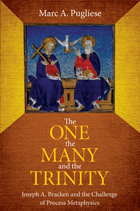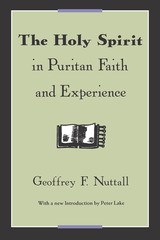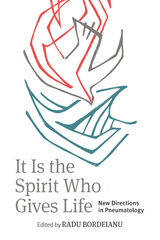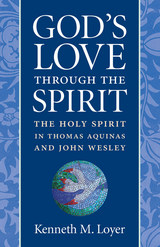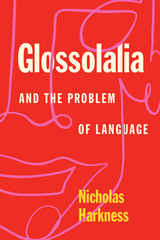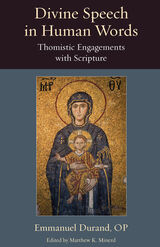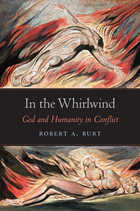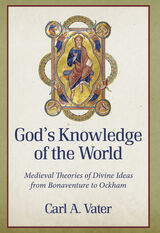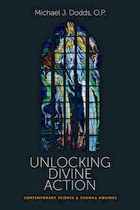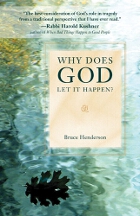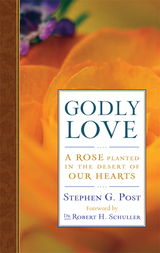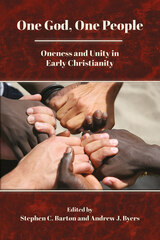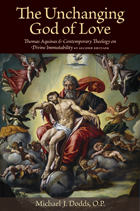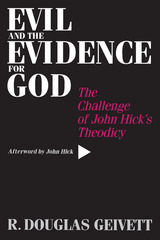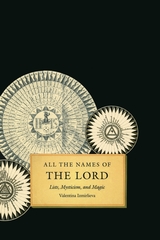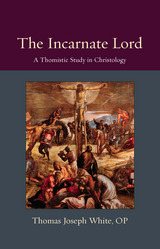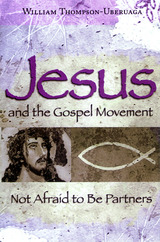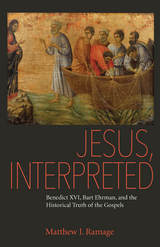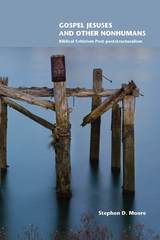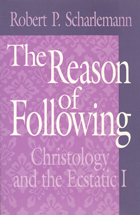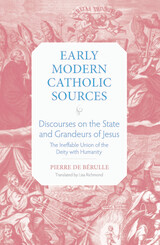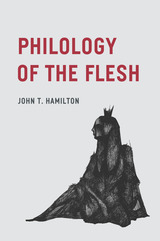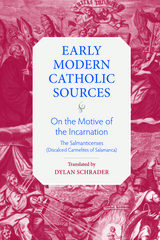One God, One People: Oneness and Unity in Early Christianity
SBL Press, 2023
eISBN: 978-1-62837-538-1 | Cloth: 978-1-62837-537-4 | Paper: 978-1-62837-536-7
Library of Congress Classification BT148.O54 2023
See other books on: Early Christianity | Exegesis & Hermeneutics | God (Christianity) | People | Unity
See other titles from SBL Press
eISBN: 978-1-62837-538-1 | Cloth: 978-1-62837-537-4 | Paper: 978-1-62837-536-7
Library of Congress Classification BT148.O54 2023
ABOUT THIS BOOK | AUTHOR BIOGRAPHY | TOC
ABOUT THIS BOOK
From ancient times to the present day, utopian social ideas have made the unity of humankind a central concern. In the face of the threats to civic peace and harmony caused by misrule, factions, inequality, and moral weakness, philosophical and religious traditions in antiquity gave considered attention to the attainment of oneness both as an ideal and as an embodied practice. In this volume, scholars of ancient history, early Judaism, and biblical studies come together to show that ideas of unity and practices of oneness were grounded in larger conceptions of worldview, cosmic order, and power, with theological ideas such as the oneness of God laying an important foundation. In particular, contributors focus on how early Christians, with their inherited Jewish, Greek, and Roman traditions, reinterpreted oneness in light of their new identity as “members of Christ” and how they put it into practice. Contributors are Stephen C. Barton, Anna Sieges-Beal, Max Botner, Andrew J. Byers, Carsten Claußen, Kylie Crabbe, Robbie Griggs, James R. Harrison, Walter J. Houston, T. J. Lang, Jutta Leonhardt-Balzer, John-Paul Lotz, Lynette Mitchell, Nicholas J. Moore, Elizabeth E. Shively, Julien C. H. Smith, and Alan Thompson.
See other books on: Early Christianity | Exegesis & Hermeneutics | God (Christianity) | People | Unity
See other titles from SBL Press

